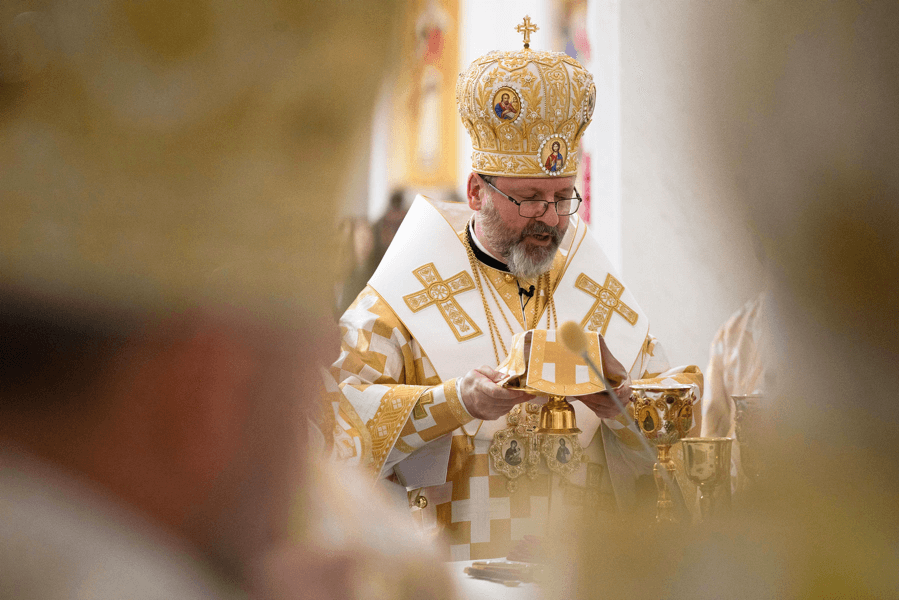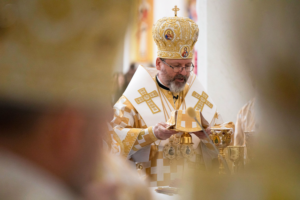Patriarch Sviatoslav – “‘Fiducia Supplicans’ has no legal status in UGCC”
According to the traditions of the Byzantine rite, the concept of "blessing" means approval, permission, or even a spiritual directive for a certain type of action


Editor’s note: below is an unofficial English translation of the Communiqué of Patriarch Sviatoslav on the reception of the Declaration Fiducia supplicans, originally published on December 22, 2023 here.
Kyiv
Ref. MA 23/326
22 December 2023 of the year of our Lord
Communiqué regarding the reception in the UGCC of the Declaration of the Dicastery of the Doctrine of the Faith “Fiducia supplicans” on the pastoral meaning of blessings.
In response to numerous appeals from bishops, clergy, monastics, church movements and individual laity of the Ukrainian Greek Catholic Church regarding the Declaration of the Dicastery of the Doctrine of the Faith “Fiducia Supplicans” (18 December 2023) on the pastoral meaning of blessings, after consulting with relevant experts and competent institutions, I wish to inform you of the following:
1. The above-mentioned Declaration interprets the pastoral meaning of blessings in the Latin Church, not in the Eastern Catholic Churches. It does not address questions of Catholic faith or morals, nor does it refer to any prescriptions of the Code of Canons for the Eastern Churches, nor does it mention Eastern Christians. Thus, on the basis of Canon 1492 of the CCEO, this Declaration applies exclusively to the Latin Church and has no legal force for the faithful of the Ukrainian Greek Catholic Church.
2. The Ukrainian Greek Catholic Church is one of the Eastern Catholic Churches, therefore it has its own liturgical, theological, canonical, and spiritual heritage, which all the faithful are obliged to observe and cherish (CCEO, canons 39-41). The meaning of “blessing” in the UGCC and the Latin Church is different.
3. According to the liturgical practice of our Church, the blessing of a priest or bishop is a liturgical gesture that cannot be separated from the rest of the content of the liturgical rites and reduced to the circumstances and needs of private piety (Catechism of the UGCC “Christ – our Pascha”, paras. 505-509).
4. According to the traditions of the Byzantine rite, the concept of “blessing” means approval, permission, or even a spiritual directive for a certain type of action, prayer or ascetic practice, including certain types of fasting and prayer. Obviously, the blessing of a priest always has an Evangelical and Catechetical dimension, and therefore can in no way contradict the teaching of the Catholic Church about the family as a faithful, indissoluble, and fruitful union of love between a man and a woman, which Our Lord Jesus Christ raised to the dignity of the Holy Sacrament of Matrimony. Pastoral prudence urges us to avoid ambiguous gestures, expressions and concepts that would distort or misrepresent God’s word and the teaching of the Church.
The blessing of the Lord be upon you!
† SVIATOSLAV














